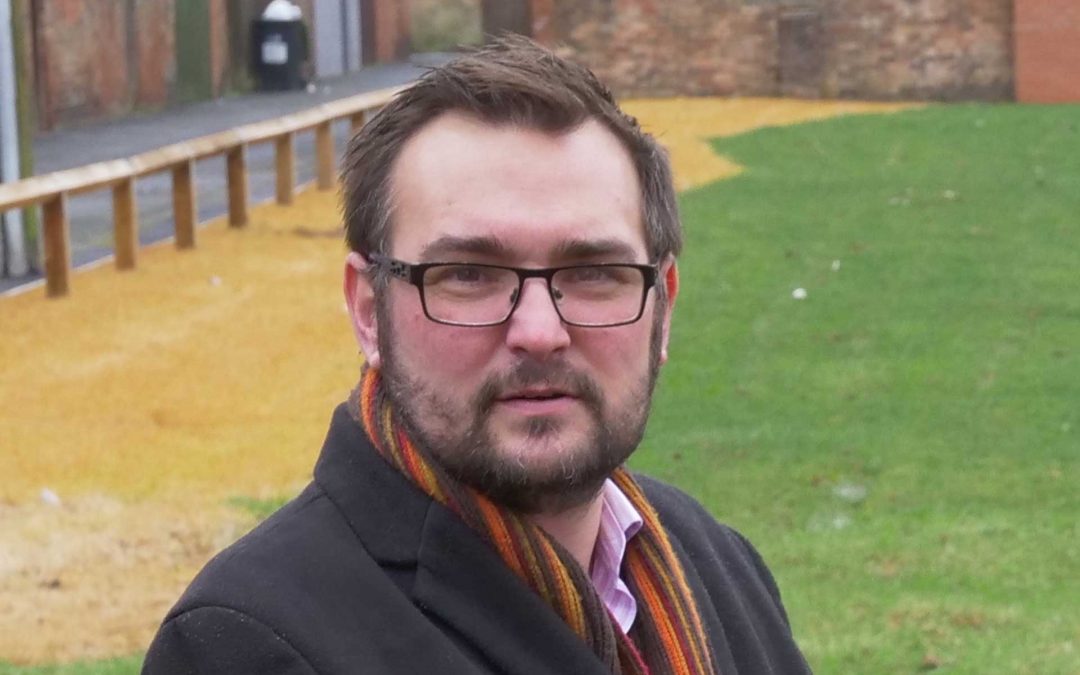The Government has been blamed for shocking new figures revealing the North East to be the child poverty capital of the UK.
County Durham Labour leaders have hit out at Government inaction, after Nuffield Foundation research revealed that the North East has the highest rate of early childhood poverty in the UK.
The ‘Changing patterns of poverty in early childhood’ review examines patterns in poverty for UK under-fives over the last 20 years, and draws on over 100 research studies and reputable sources.
The research found that – while child poverty rates have fluctuated since 2000 – there has been a sustained increase since 2013/14, with families in the North East suffering the steepest rise (46%), ahead of London (41%) and the rest of the UK.
Cllr Angela Surtees, Labour’s Communities and Inclusion lead, said: “This report should shame the Government and those who supposedly work to represent the Conservative party in our region and county. The Nuffield study shines a spotlight on the lie of this Government’s “Levelling Up” agenda, and should shame those in Parliament who voted against free school meals during a pandemic and refused to embrace the “Right to Food” initiative.
“This is a national scandal – we’re bombarded with images of grinning Cabinet members posing at food banks while full time key workers queue for handouts in the background. Billions of pounds wasted on a hopeless Track & Trace app and useless PPE while Tory ministers simply refuse to address in-work poverty by retaining the £20 Universal Credit uplift. A huge hike to National Insurance payments for the working young while older people on enormous pensions pay nothing… this must be addressed immediately.”
Labour Group Leader, Cllr Carl Marshall, said: “It is no surprise to see rates of early childhood poverty in the South East and South West stabilise and even fall, while working class areas in the North East the are bearing the brunt of Tory policies continue to rise.
“The bottom line is that this Government, Tory Party councillors and members and all of those who work to empower this damaging ongoing austerity purge of the North East do not care about us. They do not care about young working families. They do not care about our children’s education. They do not care about our children’s wellbeing and they do not care if we wither on the vine, so long as their heartland constituencies continue to thrive.”
The Nuffield Foundation study also explored the evidence of the impact of child poverty in the first few years of life, revealing that childhood poverty can significantly affect children’s cognitive skills and physical, social and emotional development throughout childhood and into adulthood.
Cllr Olwyn Gunn, Labour’s Children and Young People lead, added: “Child poverty fell to its lowest levels between 1997/98 and 2004/05, reflecting increased spending on cash benefits and tax credits by the Labour Government – because we care about protecting our children.
“What is more important than ensuring our children and young people are looked after? That their parents and guardians can afford food, to heat their homes and put clothes on their backs? With its austerity purge, its National Insurance hike, its withdrawal of the Universal Credit uplift and its scandalous mishandling of the pandemic, this Government demonstrates at every turn that it simply does not care about low-income, young families.”
Carey Oppenheim, Early Childhood Lead at the Nuffield Foundation and author of the report, said: “The increase in poverty for families with children under five is stark and has both short- and long-term implications for children’s development and future. Addressing early childhood poverty requires an approach that provides a financial bedrock for families with young children through improved social security benefits and access to employment, as well as policies that support parental mental health and parenting from the earliest stage of a child’s life.
“Even with those measures, it will be difficult to sustain reductions in child poverty unless we also address longer-term changes in society that are contributing factors to child poverty, such as insecure and low-paid work, access to affordable and secure housing and high-quality early education.”

